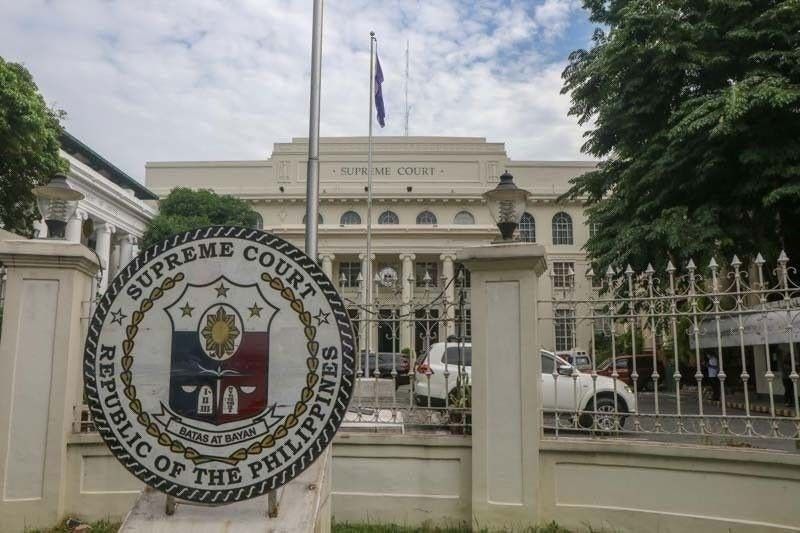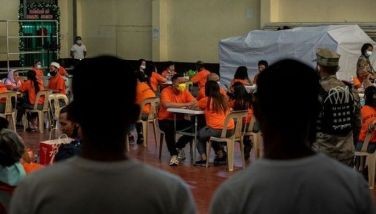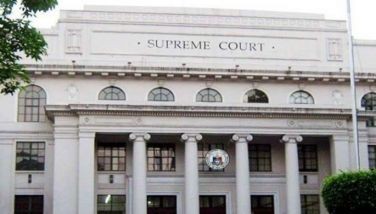SC denies petition vs Comelec on digital signatures

MANILA, Philippines — The Supreme Court (SC) has denied a petition filed against the Commission on Elections (Comelec), asking the High Court to compel the poll body to implement the use of digital signatures in the 2022 general elections.
In a decision promulgated in June 2023 but released only on Friday, the SC denied the petition filed by the National Press Club of the Philippines, Automated Election System Watch and Guardians Brotherhood Inc. in 2022, requesting a writ of mandamus to compel Comelec to implement the use of digital signatures.
In resolving the petition, the SC said Comelec is not required to have the election returns digitally signed by the Board of Election Inspectors because “the digital signature generated by the VCMs was sufficient compliance with the Republic Act No. (RA) 8436, or the Automated Election System Law.”
It noted that the adoption of another method to digitally sign the election returns is subject to the sound judgment of the Comelec.
“Petitioners are not entitled to a writ of mandamus to compel the Comelec to implement the use of digital signatures since it is not a ministerial duty of the Comelec,” the decision read.
In the same petition, the petitioners also asked the SC to compel the poll body to allow access to the printing and distribution of ballots and permit observers to witness the configuration, preparation and testing of SD cards and vote-counting machines (VCMs) in the 2022 national and local elections.
It also asked the court to allow inspection of the National Technical Support Center and technical hubs as well as the transmission diagram or data/communications network architecture.
In resolving the issue, the High Court ruled that the Comelec is “duty-bound” to allow the witnessing of printing and distribution of ballots.
However, it also clarified that no provision mandates the Comelec to allow accredited observers to witness the configuration and preparations of the VCMs and SD cards.
Moreover, the SC said that it cannot rule on the petitioners’ request for all details of the transmission router server or the “Meet-Me-Room” as it is too vague and broad to determine which details the Comelec should disclose.
“We cannot compel the Comelec to reveal all details, some of which may contain confidential information which, if divulged, could pose serious security risks,” the decision read.
The High Court added that it cannot also compel Comelec to allow physical access to its hubs, servers and data centers, noting that “full public disclosure of transactions involving public interest and the right to information is restricted by reasonable conditions.”
It ruled, however, that Comelec may be compelled to disclose the complete transmission diagram and data or communications network architecture of the VCMs.
“As the VCM transmission diagrams are matters of public concern and interest, they should be made available by the Comelec, especially considering that unauthorized transmissions and communications to and from network nodes plotted in the diagram or architecture may call into question the integrity of the elections,” the SC said. — Rhodina Villanueva
- Latest
- Trending





























